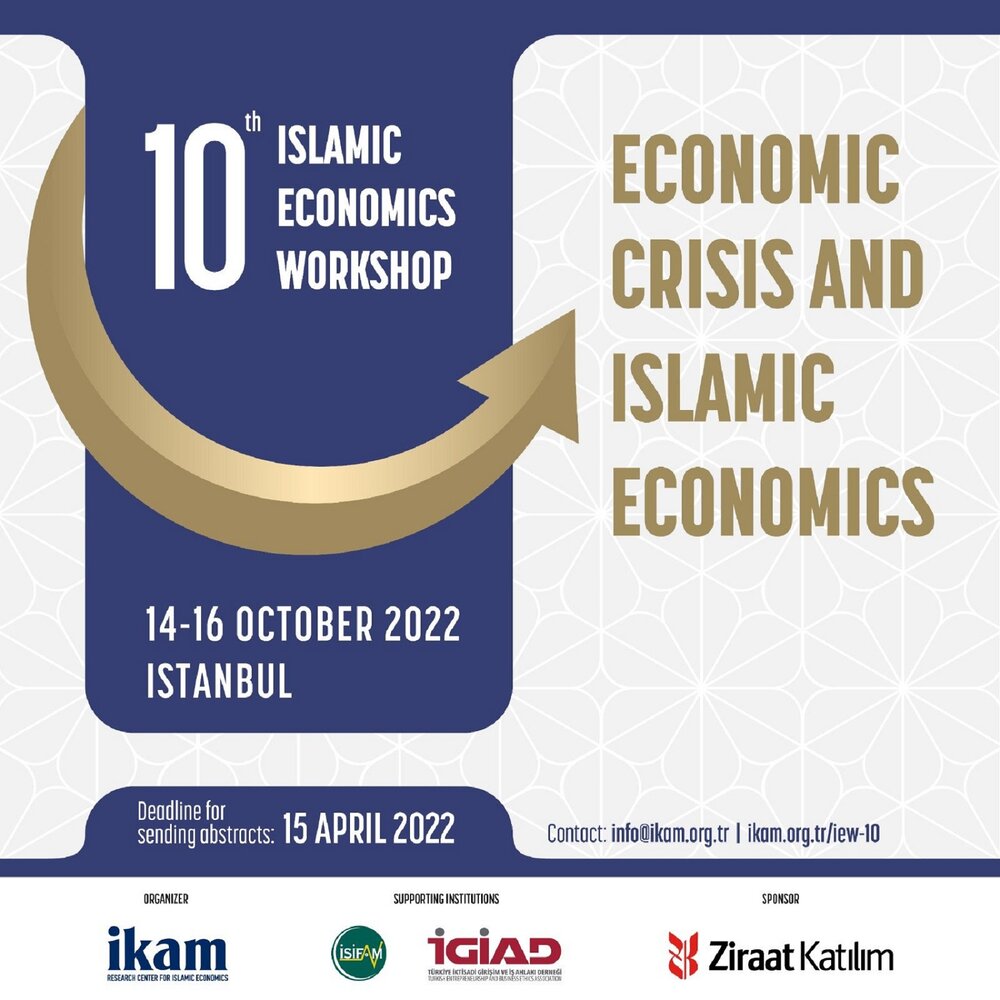Hawzah News Agency – The economic crisis is one of the fundamental issues of economics. The large number of the reasons that lead to economic crises and the versatility of these causes brings about the problem of the unpredictability of crises. These reasons and the complex nature of the crisis also make it difficult to achieve the desired results for solutions. Failure to achieve the desired results causes the crisis to deepen. In this respect, understanding the causes of the economic crisis, developing structural solutions and strategies on them, and minimizing their frequency are becoming the most crucial agenda.
The social reflection and the social dimensions of the economic crisis are significant issues to tackle as much as the longstanding effects of the economic crisis on the functioning of the economy. Many outcomes, such as high unemployment, high inflation, disruption of production, and the widespread influence of disadvantaged groups are causing economic crises to pave the way for social and political crises. Hence, this situation was also experienced with the recent Financial Crisis of 2007-2009. In many countries, people affected by these crises have expressed their concerns and discontent by organizing actively.
In this regard, the social and political dimensions of the economic crisis should be considered as much as their economic causes and consequences. In this framework, topics that will be covered in the 10th Islamic Economics Workshop related to the topic of “Economic Crisis and Islamic Economics” should address but are not restricted to the following themes:
- The causes and consequences of the economic crisis
- Strategies to prevent and predict the crisis
- Crisis management tools and policies to minimize the effects of the economic crisis
- The effects of the crises on the social structure
- The analysis of the internal and external factors of economic crisis
- The effects of crises on income and wealth distribution across countries
- The effects of crises on income and wealth distribution within countries
- How crises shape the international system, policies, and institutions
- Crisis regulatory and supervisory policies, agreements within countries and regions
Submission of Papers
Abstracts are expected to be sent to the workshop by March 30, 2022, at the most. The final acceptance for participation in the workshop will be decided through full texts. Articles that are sent to the workshop should be authentic, not published or presented in any other program, or under consideration for publication.
Travel and Accommodation
The workshop is envisioned as a meeting of minds among thinkers, scholars, and practitioners in a limited number. Authors of the accepted papers (only for one author) will be covered for round-trip economy class air tickets and hotel accommodation during the workshop. The accommodation and travel expenses of the participants will be met by IKAM.
Publication
The papers presented at the workshop will be reviewed and considered for publication in an edited book that will be published by Iktisat Yayınları following the conference. The English version of the book is published following the workshop each year in collaboration with UK based famous publishing house, Routledge.
Important Note
The language of the workshop is English therefore only abstracts sent in English will be considered for evaluation.
ISTANBUL
14-16 OCTOBER, 2022






 12:02 - 2022/03/18
12:02 - 2022/03/18
Your Comment